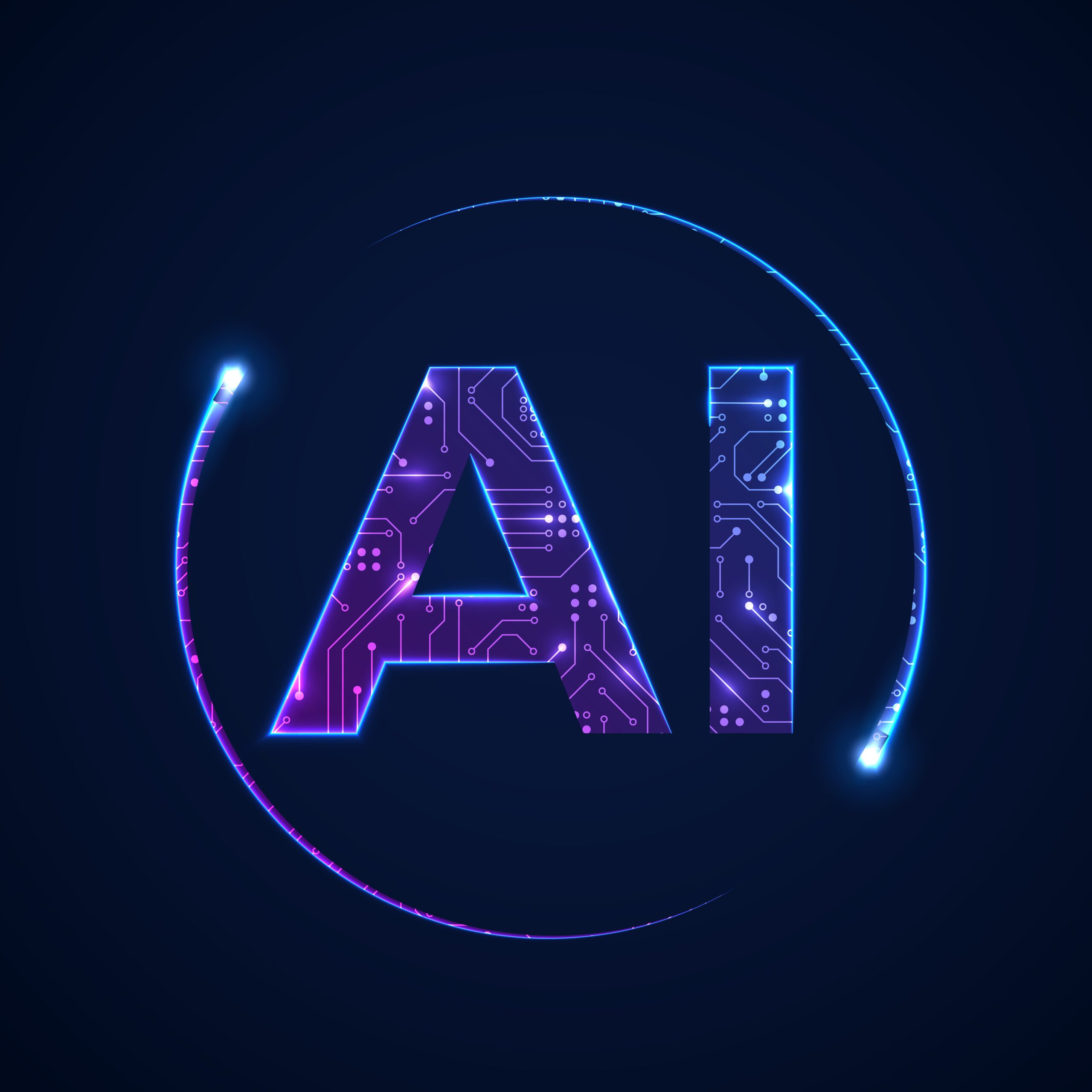Empowering Accessibility: The Transformative Role of AI for People with Disabilities

In our increasingly digitized world, artificial intelligence (AI) has emerged as a beacon of hope, offering unparalleled opportunities to enhance the lives of individuals across various spectrums. One of the most profound impacts of AI is witnessed in its ability to empower people with disabilities, offering them newfound autonomy and facilitating a more inclusive society. This blog post delves into the myriad ways in which AI-driven technologies are reshaping accessibility, and how they have become instrumental in breaking down barriers for those with disabilities.
Understanding AI and Its Potentials
Artificial Intelligence, in its essence, is the simulation of human intelligence processes by machines, especially computer systems. These processes include learning, reasoning, and self-correction. AI’s potential lies in its versatility and adaptability, enabling it to provide customized solutions to a wide array of challenges faced by individuals with disabilities.
AI in Assistive Technologies: A New Dawn
For people with visual impairments, AI-powered applications like seeing AI and other advanced screen readers have transformed the way they interact with the world. These tools can describe people, text, and objects, providing a rich understanding of their surroundings. Similarly, AI-driven devices such as smart canes and navigational aids are equipped with sensors and speech output to guide users through unfamiliar environments.
Hearing disabilities have also been addressed with AI, where smart hearing aids now come with features that filter out background noise, enhancing the clarity of speech. Furthermore, real-time captioning and sign language translation using AI have bridged communication gaps, enabling smoother interactions and facilitating better integration into various aspects of society.
For individuals with mobility impairments, AI has paved the way for smart wheelchairs, equipped with sensors and automation features, allowing for more freedom and less reliance on caregivers. Robotics, a field heavily reliant on AI, has also seen the development of exoskeletons, which assist with movement and can even enable someone to walk again.
Cognitive and developmental disabilities are not left behind in the AI revolution. Customizable educational software and interactive AI tutors are designed to cater to different learning needs, helping individuals with learning disabilities to receive education tailored specifically for them.
The Challenges and Considerations
While the benefits are plentiful, there are challenges and ethical considerations that need to be addressed. Ensuring that these AI solutions are accessible to all, regardless of socio-economic status, is paramount. There is also the concern of privacy and data security for users, as well as the need for these systems to be transparent and without bias.
The Future of AI and Accessibility
Looking ahead, the potential of AI to further enhance the lives of people with disabilities is boundless. Innovations continue to emerge at a rapid pace, promising more integrated and intuitive assistive technologies. However, the focus must remain on creating inclusive, user-centered AI solutions that respect the needs and privacy of individuals with disabilities.
Conclusion
Artificial intelligence stands as a testament to human ingenuity and its capacity for compassion and innovation. As we continue to harness AI for the betterment of society, it is crucial to do so with a conscientious approach that prioritizes accessibility and inclusivity. For people with disabilities, AI is not just a technological advancement; it’s a gateway to a world of opportunities, a tool for independence, and a partner in their daily lives.
In summary, AI is a powerful ally in the quest to dismantle the barriers faced by people with disabilities, fostering an environment where everyone has the opportunity to thrive. As we embrace these technologies, we must also safeguard the principles of ethical design and universal access, ensuring that the AI of tomorrow brings promise and empowerment for all.
Categories AI, Disabilities